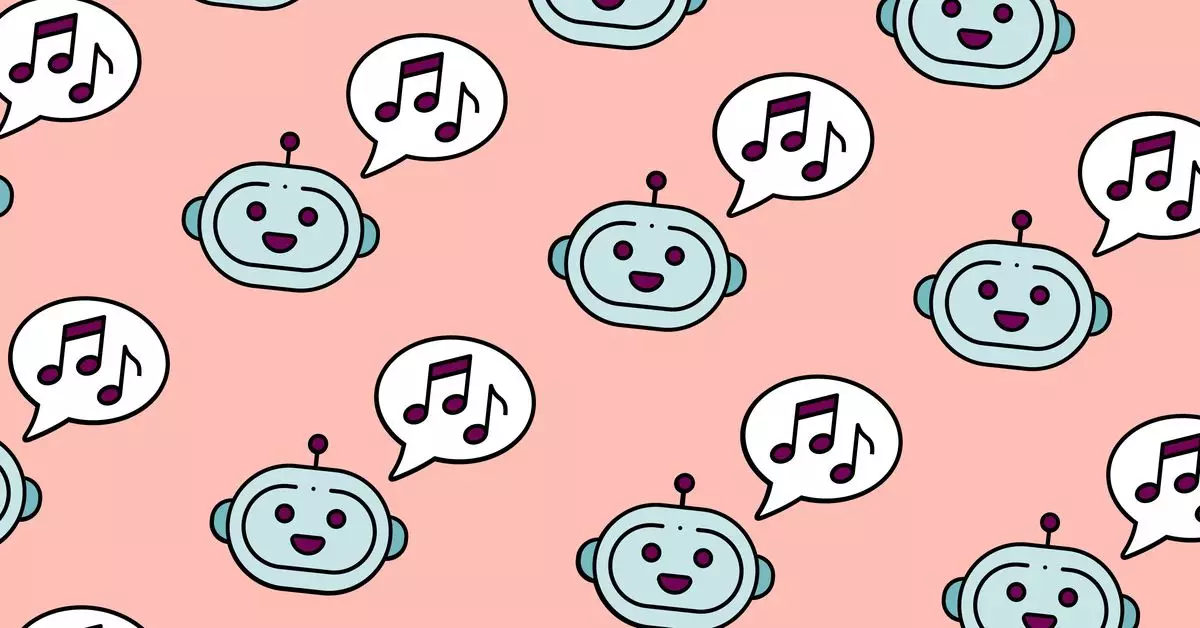The recent copyright infringement lawsuits filed against AI music startups Suno and Udio by major record labels have sparked a heated debate within the music industry. The Recording Industry Association of America (RIAA) accused both companies of engaging in “copyright infringement involving unlicensed copying of sound recordings on a massive scale,” seeking damages of up to $150,000 for every work infringed.
Suno and Udio admitted to training their music-generating AI models on copyrighted materials but argued that this practice falls under fair use doctrine. They claimed that using existing sound recordings to analyze patterns and enable users to create new artistic expressions is a legitimate use of copyrighted works. Both companies emphasized that their tools are designed to promote creativity and innovation, not to simply copy and replicate existing tracks.
In response to the lawsuits, Suno and Udio highlighted the music industry’s resistance to technological advancements and competition. They argued that their AI music generation tools are meant to empower users to produce original content and explore new musical styles. Both companies criticized the record labels for misconceptions about how their technology works, comparing it to a learning process rather than direct copying.
Training Data and Sources
Suno acknowledged that its model was trained on online music, including materials owned by major record labels. The company emphasized that learning from copyrighted materials does not constitute infringement and pointed out that other AI providers like OpenAI, Google, and Apple also derive their training data from the open internet. Suno defended its approach by stating that analyzing existing music to facilitate creative expression is a common practice in the industry.
The RIAA countered Suno’s and Udio’s arguments by claiming that the companies failed to obtain appropriate consent to use copyrighted works before launching their tools. The association criticized the startups for extracting and repackaging artists’ original works without their permission, directly competing with the originals. The RIAA stressed the importance of respecting artists’ intellectual property rights and ensuring fair compensation for their creative endeavors.
Overall, the clash between AI music startups and record labels exposes the complexities of copyright law in the digital age. The debate over fair use doctrine, innovation, and competition underscores the need for clear guidelines and ethical practices in utilizing copyrighted materials for technological advancements. As the music industry continues to evolve, it is crucial for all stakeholders to uphold the principles of creativity, originality, and respect for intellectual property rights.


Leave a Reply